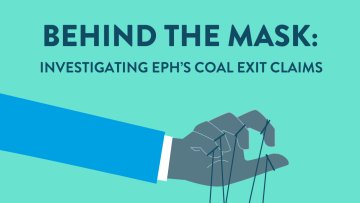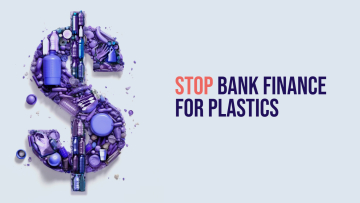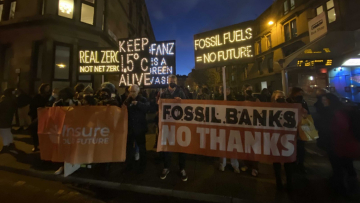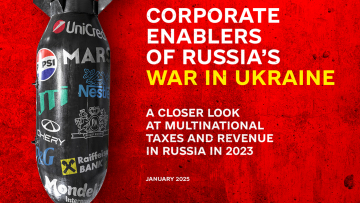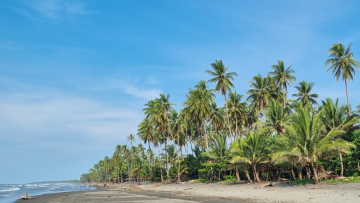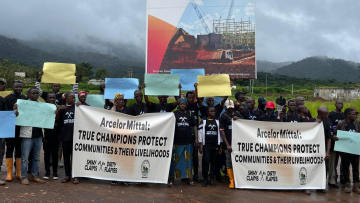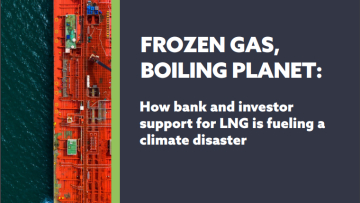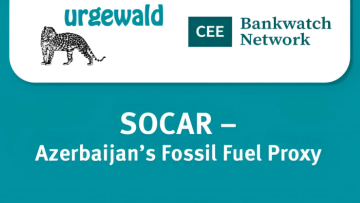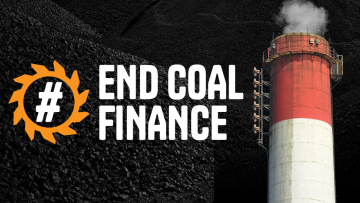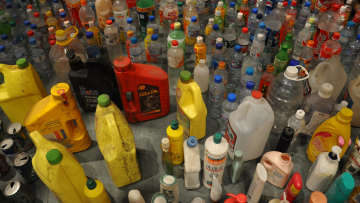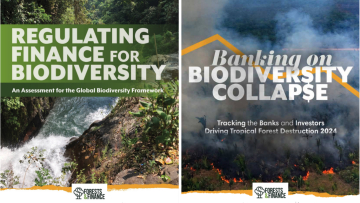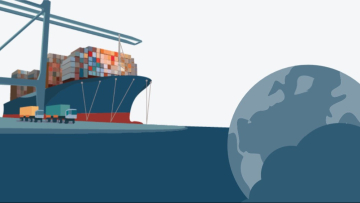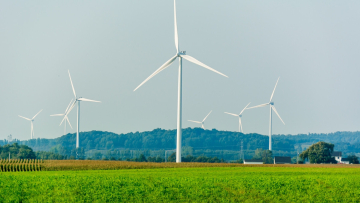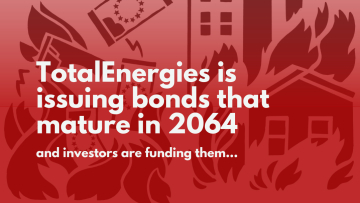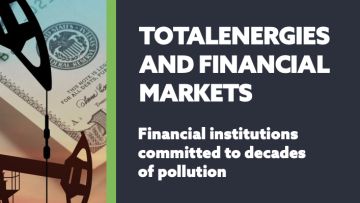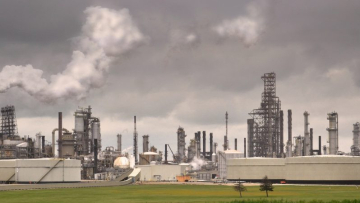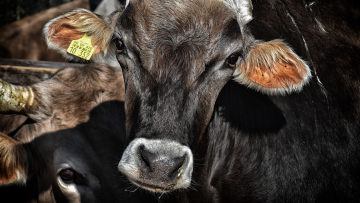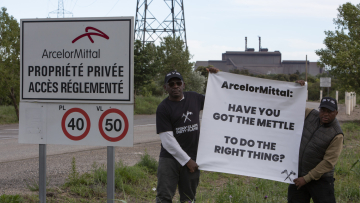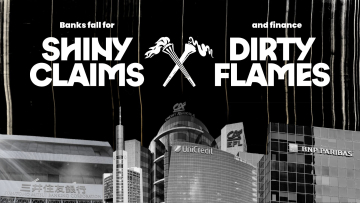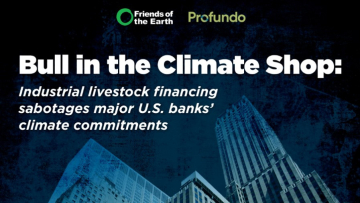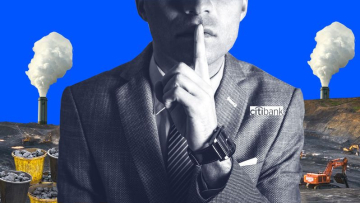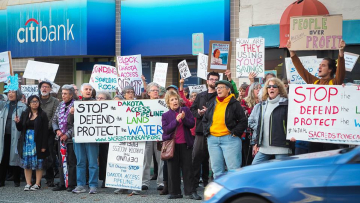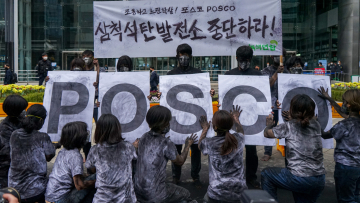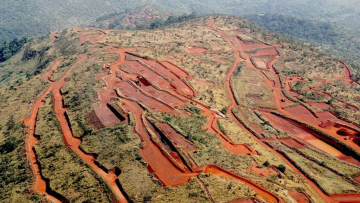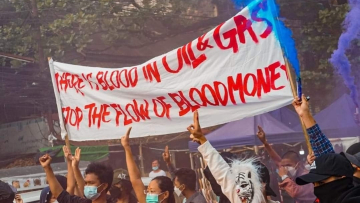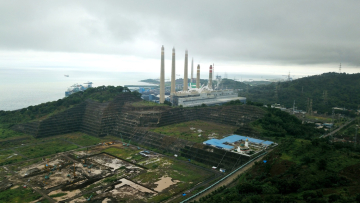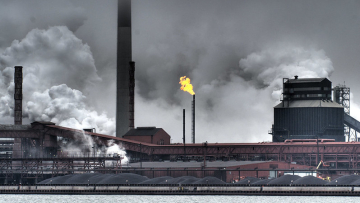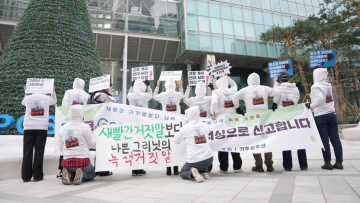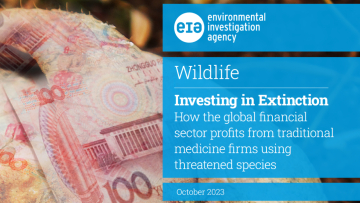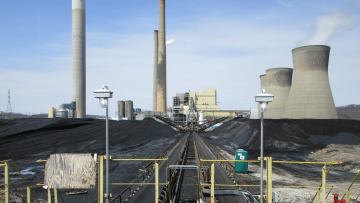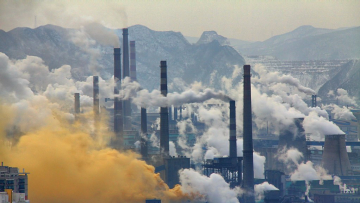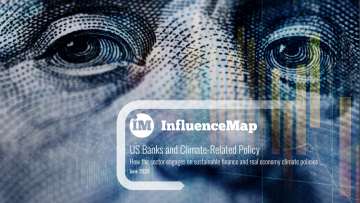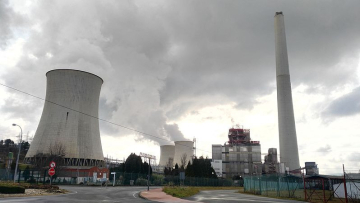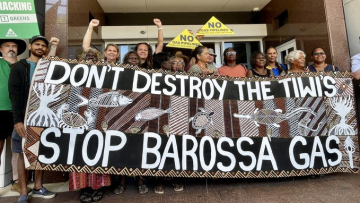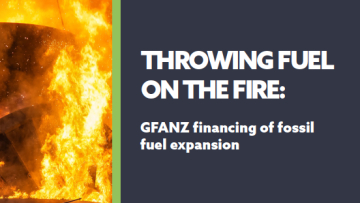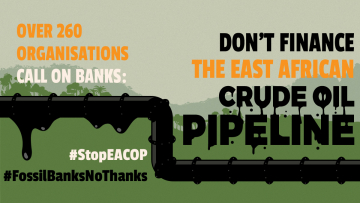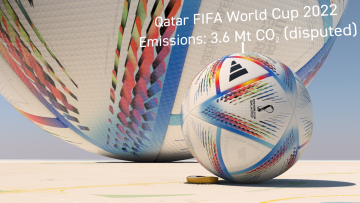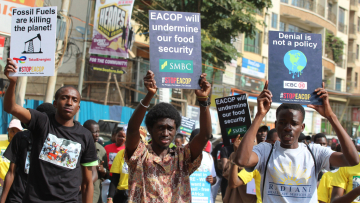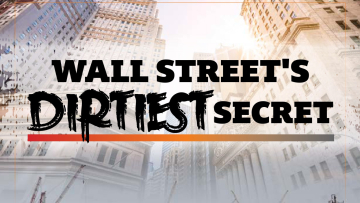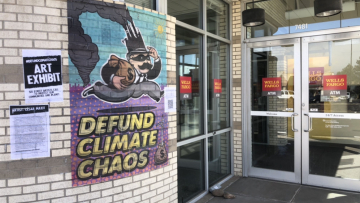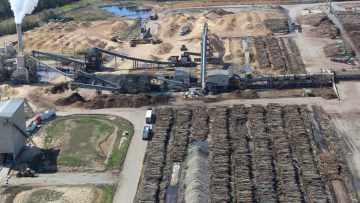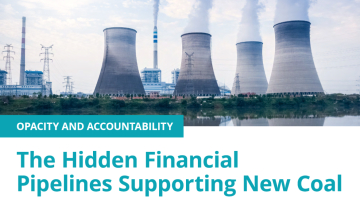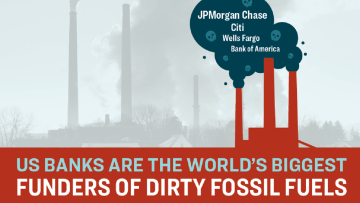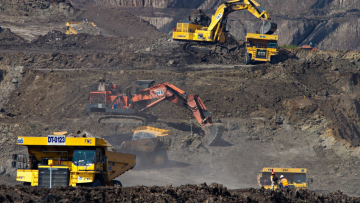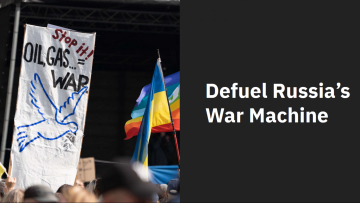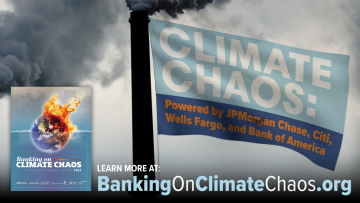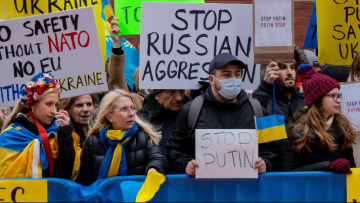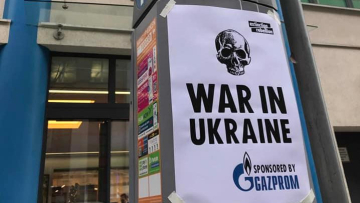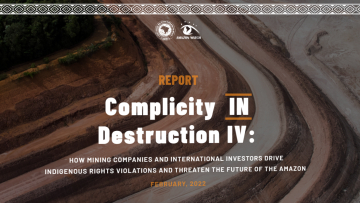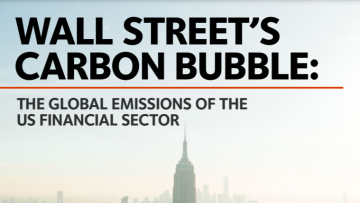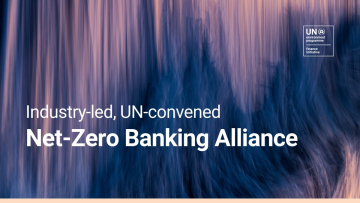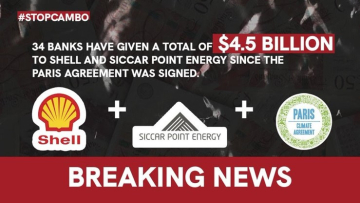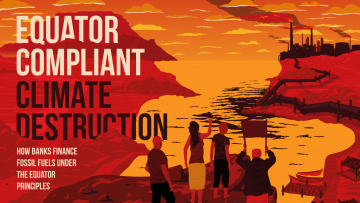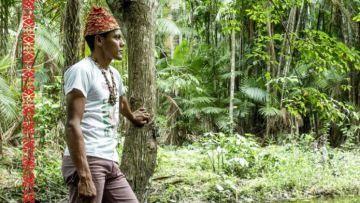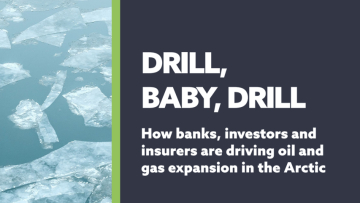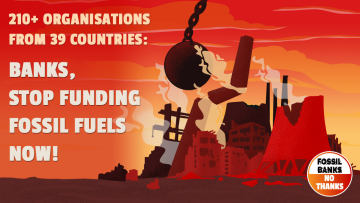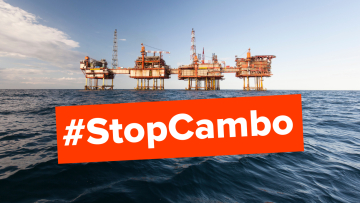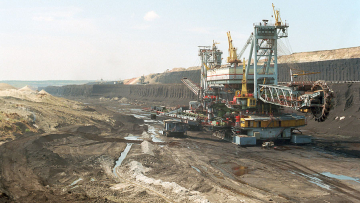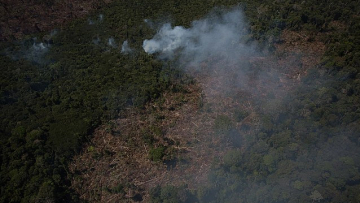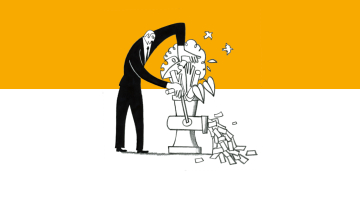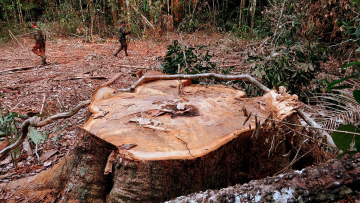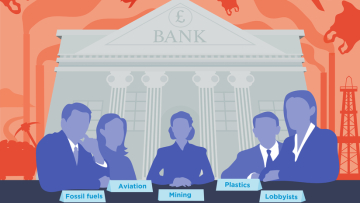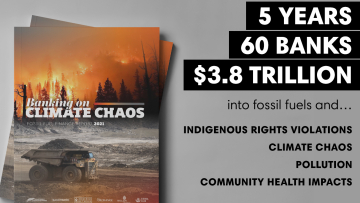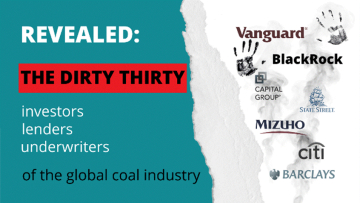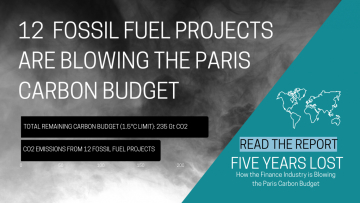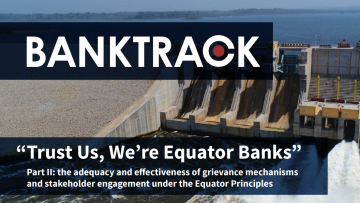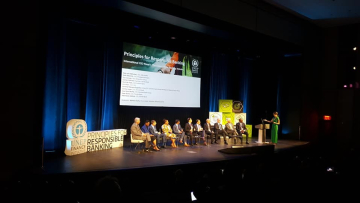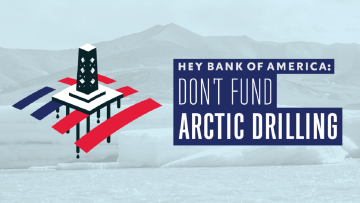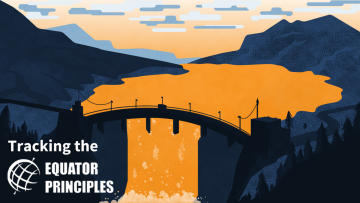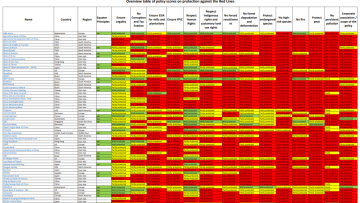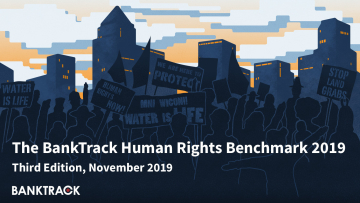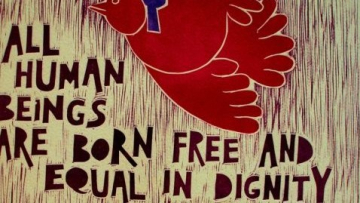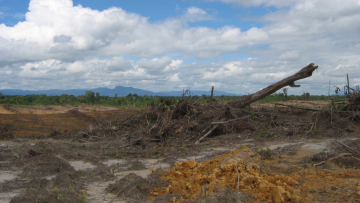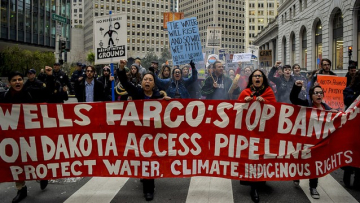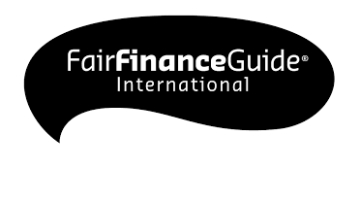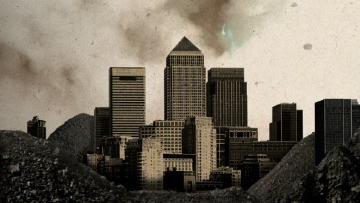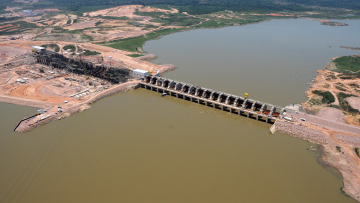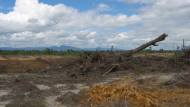Active
This profile is actively maintained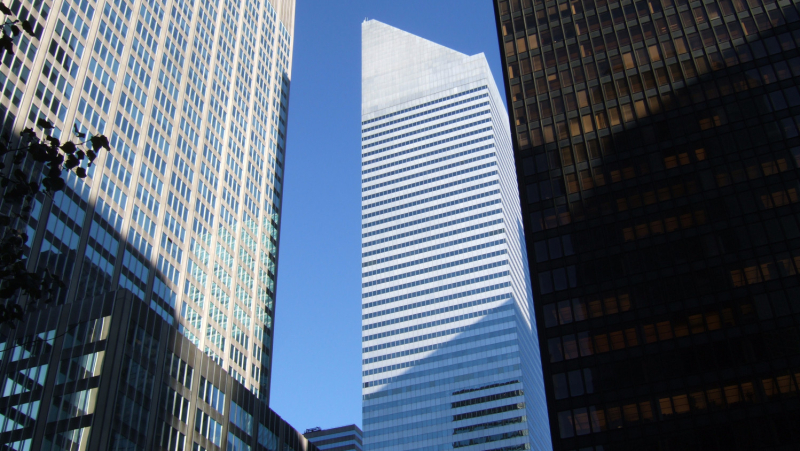
Active
This profile is actively maintained| Website | http://www.citigroup.com |
| Headquarters |
388 Greenwich Street
10013 New York
United States
|
| CEO/chair |
Jane Fraser CEO |
| Supervisor | |
| Ownership |
listed on NYSE & Tokyo Stock Exchange
Citi's shareholder structure can be accessed here. |
| Subsidiaries |
Citibanamex – Mexico (profile)
|
Citigroup Inc., doing business as Citi, is a major US financial services company based in New York, NY. Citigroup was formed in 1998 from a merger between Citicorp and financial conglomerate Travelers Group. It is active in over 160 countries. Citigroup is the third largest banking institution in the United States; alongside JPMorgan Chase, Bank of America, and Wells Fargo.
Citi's most important sustainability commitments can be found at the website sections listed below.
Citi is linked to a number of companies and projects that BankTrack considers controversial (so called Dodgy Deals), e.g. as a current or past financier or through an expression of interest. The profiles below provide more details on the nature of Citi's link to these deals.
Citi operates an Ethics Hotline which, according to the bank, can be used by any individual to report complaints or potential violations involving ethical concerns or misconduct. However, it is unclear whether the hotline also covers human rights issues. Complaints can be filed here.
In addition, Citi is a member of the Roundtable on Sustainable Palm Oil (RSPO), which operates a grievance mechanism to address violations of its standards, including concerns about human rights abuses in the palm oil industry. Affected individuals and communities can access this mechanism here.
Stakeholders may also raise complaints via the OECD National Contact Points (see OECD Watch guidance).
This page evaluates Citi's responses to instances of alleged human rights violations linked to its finance, raised by civil society organisations. It is not intended to be exhaustive, but covers selected impacts raised by BankTrack and other civil society partners since 2016. For the full scoring methodology, see here. For more information about BankTrack's evaluation of bank responses to human rights impacts, see the 2021 report "Actions speak louder: assessing bank responses to human rights violations".
The bank did not respond.
Following the bank's response: The bank publicly responded citing client confidentiality. It did not acknowledge its link to the company and, although the bank provided ""general context on how we approach our relationships with different sovereigns around the world"", it did not comment on or respond to the specific issues raised. Therefore the score remains unchanged.
The bank publicly responded citing client confidentiality. It did not acknowledge its link to the company nor comment on or respond to the specific issues raised.
Following media reporting: In May 2022, the Financial Times reported that the bank has ruled out financing for the project; however, the bank did not put out a public statement on the matter, so it does not receive a score.
The bank did not provide information on whether it engaged with its client or took appropriate action.
Following media reporting: No change in score.
Banks and Climate
The 2024 Banking on Climate Chaos report showed that Citi provided US$ 396.331 Billion in financing to the fossil fuel industry between 2016 and 2023. In 2023 only, Citi provided US$ 14.614 Billion for oil, gas and coal companies expanding fossil fuels. Find further details on Citi fossil fuel portfolio and how it compares to other large banks globally on Fossil Banks No Thanks and in the Banking on Climate Chaos report.
Partner organisation Reclaim Finance tracks the coal, oil and gas policies of financial institutions, including banks, in their Coal Policy Tool (CPT) and the Oil and Gas Policy Tracker (OGPT). BankTrack works closely with Reclaim Finance and endorses their policy assesments. Find further details on their assessment of Citi’s fossil fuel policy below.
Banks and Human Rights
BankTrack assessed Citi in its 2024 Global Human Rights Benchmark, where it achieved 9 points out of 15 and was ranked as a “moderate achiever”.
The bank scored 1 out of 3 points on the new “specific rights indicators”, which assess how banks address human rights defenders, Indigenous Peoples’ right to Free, Prior and Informed Consent and environmental rights in their policies and practices.
In addition, Citi scored 0.38 out of 3 on how it responds to alleged human rights violations linked to its finance which were raised by civil society organisations. More information is detailed in the "Accountability" section of this profile.
The table below shows BankTrack's assessment of how Citi has implemented the UN Guiding Principles on Business and Human Rights. Please click on 'expand all details' and 'explanation' for further information on the methodology.
Our policy assessments are always a work in progress. We very much welcome any feedback, especially from banks included in the assessments. Please get in touch at humanrights@banktrack.org.
Global Human Rights Benchmark 2022
Global Human Rights Benchmark 2024
Banks and Nature
Citi’s policies for forest-risk sectors (beef, soy, palm oil, pulp and paper, rubber and timber) have been assessed by the Forests & Finance coalition, achieving an overall score of 6.1 out of 10 and ranking it as a front runner. Citi achieved a score of 4.5 out of 10 specifically for its policies related to the beef sector and 6.9 out of 10 for its policies related to the palm oil sector. In addition, BankTrack and the Environmental Paper Network have assessed Citi’s policies related to the pulp and paper sector.
Between 2016 and 2022, Citi provided USD 4,685 million in credit to companies operating in these forest-risk sectors and held investments amounting to USD 4 million as of 2022.
BankTrack has also assessed Citi’s policies related to the wood biomass sector and found that biomass is not mentioned in its policies and no safeguards or exclusions are in place for wood biomass. For more information, see the links below.
Forest & Finance Policy Assessment 2022: Overall scores
A bank can obtain a total of 10 points for the quality of its policies. The total score is based on their scores per sector, weighted against their financing and investment for each sector. For further details on this see here. Based on their overall score, banks are then classified as Laggards, Followers, Front runners or Leaders, as follows:
Forest & Finance Policy Assessment 2022: Beef
A bank can obtain a total of 10 points for the quality of its beef policy. The total score is based on their scores per sector, weighted against their financing and investment for each sector. For further details on this see here. Based on their overall score, banks are then classified as Laggards, Followers, Front runners or Leaders, as follows:
Forest & Finance Policy Assessment 2022: Palm Oil
A bank can obtain a total of 10 points for the quality of its palm oil policy. The total score is based on their scores per sector, weighted against their financing and investment for each sector. For further details on this see here. Based on their overall score, banks are then classified as Laggards, Followers, Front runners or Leaders, as follows:
Tracking the Net Zero Banking Alliance
Citi left the Net Zero Banking Alliance (NZBA) on 31 December 2024. Before that, as a NZBA member it had committed to reduce its financed emissions to net zero by 2050; within 18 months of joining the alliance set interim targets for 2030 (or sooner) for high emission priority sectors, and within 36 months set further sector targets; set new intermediary targets every 5 years from 2030 onwards; annually publish data on emissions and progress against a transition strategy including climate-related sectoral policies; and take a robust approach to the role of offsets in transition plans. BankTrack will keep track of Goldman Sachs and other ex-NZBA member banks' climate action in a specific section of the NZBA tracker.
Banks and Russian Aggression in Ukraine
BankTrack is keeping track of the public response of Citi to Russia's illegal invasion of Ukraine. Citi did not publicly condemn the war. Citi is considered by Leave-Russia.org to "have suspended" its operations in Russia. We categorise its exposure to Russia as large, with over $8bn of financial assets. Citi supports the Russian fossil fuel industry through loans, and underwriting. For further details, see the table linked below.
Banks and Steel
As part of the Net Zero Banking Alliance (NZBA), Citigroup is required to set interim targets for 2030 for high emission priority sectors. For Citigroup, this includes its lending to the steel sector. You can see Citigroup’s iron and steel decarbonisation targets, and its progress towards meeting them in our NZBA steel targets compliance tracker.
Citigroup is also a member of the Sustainable Steel Principles. This means it has committed to measuring and disclosing its steel-related financed emissions on an annual basis, and reporting its alignment with the International Energy Agency’s Net Zero by 2050 pathway for the steel industry.
Partner organisation Reclaim Finance’s 2023 report on metallurgical coal financing showed that Citigroup provided US$ 9.8 billion in loans and underwriting to developers of new metallurgical coal between 2016 and 2022. Find further details on Citigroup’s metallurgical coal financing and and how it compares to other large banks globally in the report.
Reclaim Finance also tracks the metallurgical coal policies of financial institutions, including banks, in their Coal Policy Tool. BankTrack works closely with Reclaim Finance and endorses their policy assessments. Find further details on their assessment of Citigroup metallurgical coal policy below.
According to a report by Reclaim Finance, between 2016 and June 2023, Citigroup provided $9.9 billion in finance to the fossil-steel industry, making it the 7th largest financier worldwide. Find further details on Citigroup's steel financing and how it compares to other large banks globally in the report.








